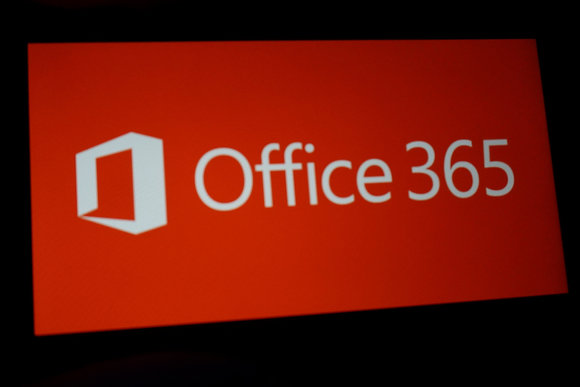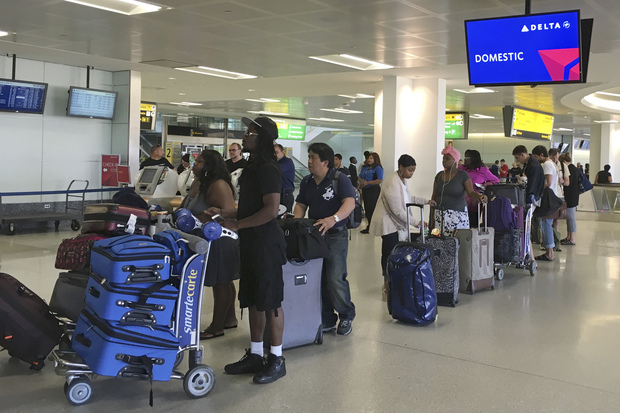If you have ever used one of your Chinese colleagues computers, you have probably encountered a web-browser that looked like Internet Explorer, but definitely was not. Developed in 2011, it quickly became a favorite among Chinese users and in Nov. 2012 surpassed Microsoft IE as the most used browser in China (57% of China Internet surfers). Advertised as a safer alternative to Internet Explorer, it comes bundled with a number of other free software (Anti-Virus, Chat, Etc) and advertising platforms (Adware).
While not intentionally malicious the software brings with it frequent advertising pop-ups, online activity trackers, and is very difficult to remove after it has been installed. For IT Professionals the software causes conflicts with Paid-for Anti-Virus Clients, and the bundled software can remove security features common to Corporate Networks (Active Directory)..







